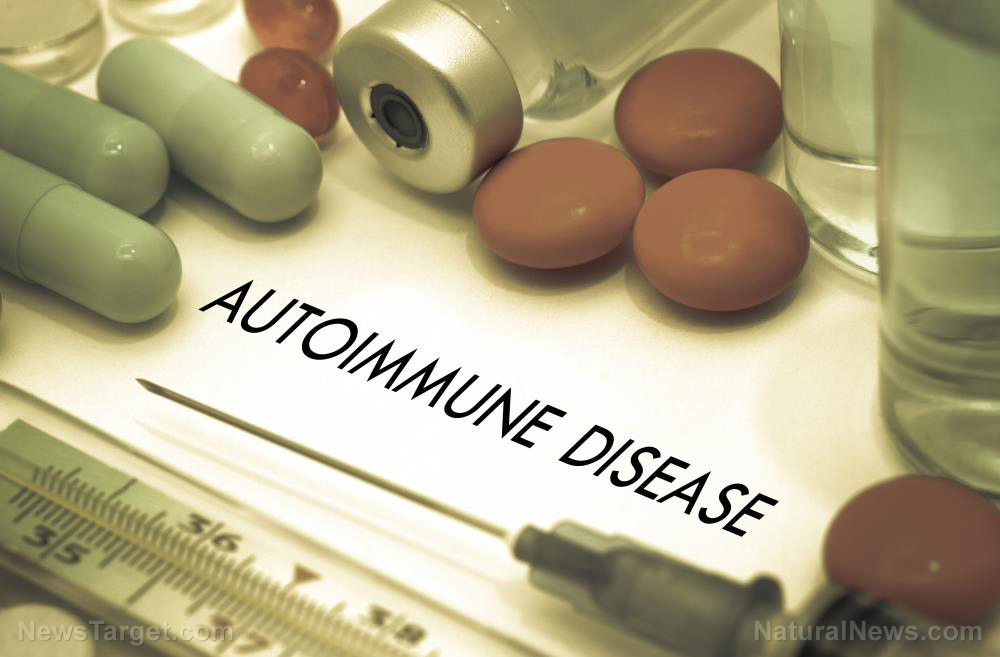
Adulteration of olive products and quality control
According to the researchers, the popularity of Mediterranean olive products, particularly olive oil, has increased the need for better analytical methods for their authentication, quality control, and traceablity. Currently used physiochemical and sensory methods include classical methods and novel methods supplemented with scientific techniques that facilitate detection. These complex methods are necessary to detect adulterated olive products that are sold for human consumption.
Food adulteration is defined as the process of adding substances that decrease the quality of a given food. Adulteration can also happen when important components are removed from the food. Food adulteration is often done to improve the appearance, texture, and shelf life of certain foods, at the expense of nutrition. It is often used as a business strategy by traders to boost their profit and increase production quantity. Due to the high demand for olive oil, adulterated olive oils have flooded the markets. According to a 2010 study, more than two-thirds of the extra-virgin olive oil sold in California are neither extra-virgin nor -- in some case -- even olive oil. This was attributed to uncontrolled food adulteration using oils that cost less and are more accessible.
How to ensure that the olive oil you're buying is of high quality
A dip in quality often follows high consumer demand for a product. This is the case with olive oil today. According to the Olive Oil Times, most olive oils that hit the shelves are substandard. You may be willing to pay more for good quality olive oil, but buying an expensive bottle doesn't mean you're getting high quality. So how do you ensure that you get your money's worth? Here are some pointers from experts on how to identify a genuine bottle of olive oil.
Know what "extra virgin" really means.
The hunt for a bona fide extra virgin olive oil can be tricky, especially if you don't know what it means. Extra virgin olive oil refers to oil obtained from olives using only mechanical means -- no chemicals involved during extraction at all. While "extra virgin" doesn't guarantee purity, it means fresher, higher-quality, unprocessed oil. This also means that the oil has more antioxidants in the form of polyphenols, which are good for overall health. For an even better, healthier choice, choose organic extra virgin olive oil.
Check the bottle and the expiration date.
Olive oil is like wine -- it needs to be in a dark-colored glass bottle. If you see olive oil in a plastic bottle, avoid it at all cost. That plastic may contain bisphenol A -- an industrial chemical that imitates hormones in the body and interferes with their normal production. Dark-colored glass bottles protect the oil from light, which can cause substantial loss of antioxidants in the olive oil. Another thing to check is the expiration date and the harvest date (if there's one listed). Olive oil can go bad even in storage, so never buy olive oil that's more than a year old.
Buy organic and purchase from trustworthy sources.
While checking the expiration date, you should also check that it's organic. High-quality olive oils usually have lots of specifics on their labels, such as the name of the producer or the estate and the variety of the olives used. They also have Non-GMO Project and/or Certified Organic labels, which serve as a guarantee that the raw materials used for production were of high quality. Another option is to purchase your olive oil from local, small batch, or artisan olive oil makers as they are more likely to produce truly high-quality, organic olive oils than large-scale producers.
Go to an olive oil bar so you can check it's taste before buying.
If you're the type who likes to taste-test before buying, hit an olive oil bar or a specialty store that lets you sample their products. High-quality olive oils tend to have a slightly bitter and grassy taste, sometimes even fruity, but never rancid. And if you detect a peppery bite or pungency to it, that's a good indicator that the oil is rich in phenols and polyphenols. If you've decided to buy one, grab a bottle that's tucked in a darker, cooler part of the shelf as these are the optimal storage conditions for extra virgin olive oils.
Check your olive oil's passport.
Due to the many adulterated olive oils that have entered the market, most regions have increased purity and quality regulations for extra virgin olive oils. To know if the bottle you're about to purchase passed these strict regulations, look for the European Union's Protected Designation of Origin (PDO) stamp, Italy's 100% Quality Italian stamp, or the California Olive Oil Commission's Extra Virgin Seal for California oils. Experts also recommend Australian or Chilean extra virgin olive oil as these are considered the least likely to be adulterated.
Sources include:
Please contact us for more information.























